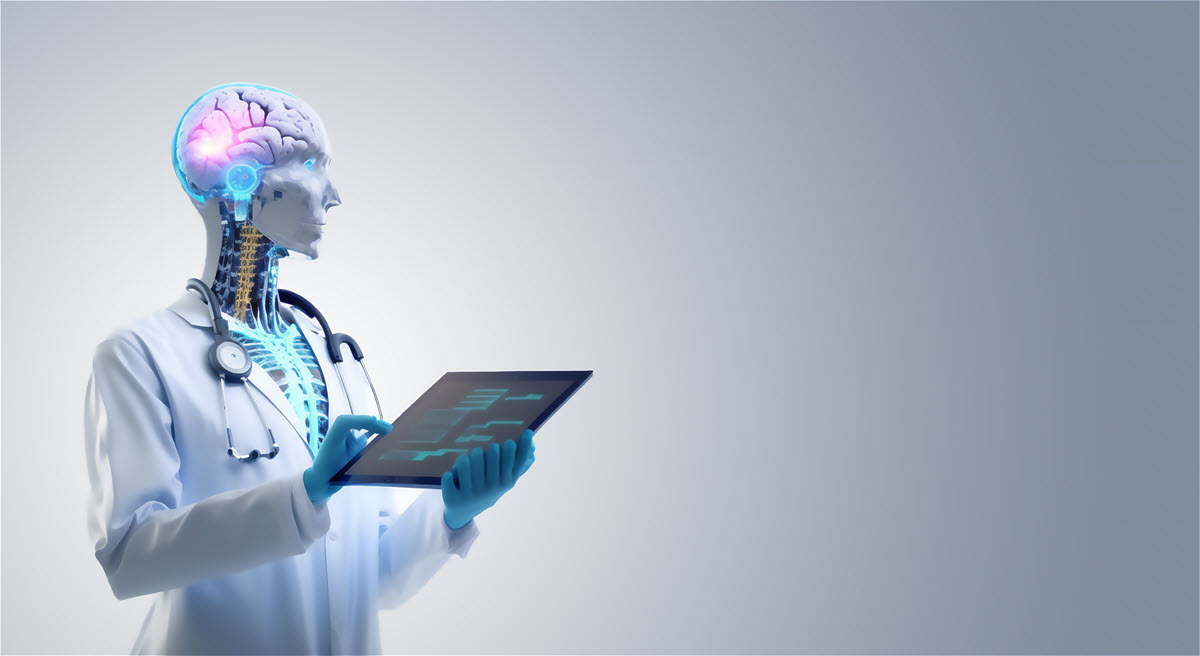As artificial intelligence continues to evolve, it’s not just technology that’s being transformed — it’s also how we define value in the workplace. From the stone tools of the Palaeolithic era to the digital systems of today, every technological leap has reshaped society and redefined what skills matter most. AI represents the latest leap, one that challenges the hierarchy of professions we’ve long taken for granted.
Recent discussions in the tech and medical fields suggest a shift in perception. While AI is advancing rapidly in areas such as diagnostics — traditionally the domain of doctors — it struggles with the kind of emotional intelligence and human connection that nursing and caregiving require. This suggests that while machines may take on more of the analytical workload, the value of roles centered on empathy, care, and presence may rise significantly.
Historically, we’ve placed the highest social and economic value on abstract, knowledge-based professions — doctors, lawyers, bankers, engineers. These roles are often seen as “elite” because they are scarce, cognitively demanding, and well-compensated. But AI is now beginning to encroach on these areas, threatening to automate the very tasks that made these jobs prestigious.
In contrast, roles like nursing, teaching, childcare, and elder care have been undervalued — both socially and financially — despite their critical importance. These jobs involve high levels of emotional labor, flexibility, and trust. They can’t be automated easily because they depend on human presence, adaptability, and compassion.
A nurse comforting a frightened patient, a teacher noticing when a student is struggling, a caregiver managing the subtle needs of an elderly person — these are actions that machines, no matter how advanced, can’t replicate with authenticity. And as we rely more on AI to handle intellectual and administrative tasks, these deeply human professions may become the pillars of our future society.
This shift could redefine what we call “skilled” work. Emotional and social intelligence may become the new currency of status and respect. It’s possible that in the coming years, those who take care of others — the nurses, teachers, and caregivers — may become the true elite, not because of wealth or degrees, but because of the irreplaceable nature of their contribution.








